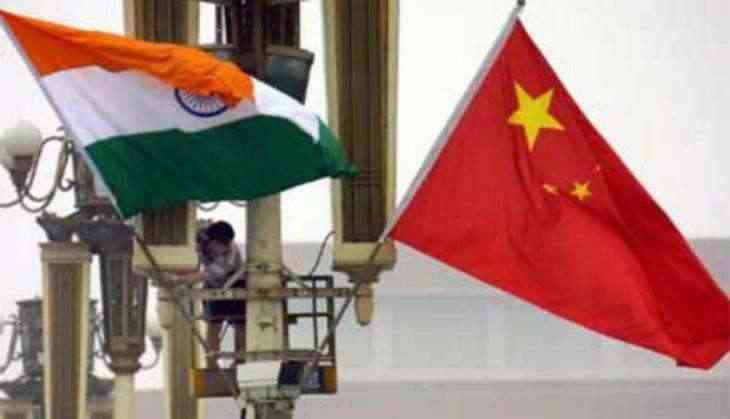
India and China on Monday signed four Memorandums of Understanding (MoUs) and agreed to organise 100 activities in the coming months in the domain of film and broadcasting in bid to further strengthen the cultural and people-to-people ties between the two countries.
The four agreements were signed following the second meeting of the India-China High-Level Mechanism (HLM) on Cultural and People-to-People Exchanges, chaired by External Affairs Minister S Jaishankar and his Chinese counterpart Wang Yi.
The two countries agreed to promote cultural exchanges for the preservation of intangible cultural heritage, organization of cultural activities and management of archaeological heritage sites.
They also agreed to enhance cooperation in the field of traditional medicine, where both India and China have a rich knowledge accumulated over centuries, with the objective of promoting the development of these medicines in the healthcare system of the two countries.
"Third, we agreed to promote exchanges between our National Sports Associations, sportspersons and youth for strengthening cooperation on international sports events," Jaishankar said at a joint press conference with Wang held here.
"Lastly, we agreed on the cooperation in Museum Management for promoting collaboration between Hubei Provincial Museum, Wuhan and the National Museum, New Delhi in the field of exhibitions, protection and restoration of collections and archaeological excavations for Museums," the foreign minister said.
During the second HLM meeting, China made clear its concerns over the recent tensions between India and Pakistan and also conveyed its "principled position" on the issue of sovereignty, an apparent reference to its opposition to India's decision on Ladakh.
"Regarding the recent tensions between India and Pakistan, we made clear China's concerns. On the issues involving China's sovereignty interest, we also stated China's principled position," said Jaishankar.
During the joint press conference, the two leaders announced a range of new initiatives, including expanding facilities for Kailash Mansarovar pilgrims.
Jaishankar said China had made suggestions about expanding the Kailash Mansarovar Yatra. "Some suggestions were made by the Chinese side to expand Kailash Mansarovar Yatra and we are deeply appreciative of these initiatives," he said.
In turn, Wang said that China and Tibet government are working to improve facilities for Kailash pilgrims.
"The Chinese government and local government, in particular, have been working to provide facilities and that pathway has increasingly become a pathway of friendship. And today officials proposed that we can co-produce a documentary on pilgrims so that we can tell a good story of our traditional friendship," Wang said.
"Another example is that to carry forward Dr. (Dwarkanath) Kotnis and advocate the internationalism that he represents. China-India have put together a joint medical team on a regular basis. The medical workers will go to remote areas in both countries to provide treatment of the local people and promote their fitness and wellness. It is our hope that the agencies over here can follow on that intuitive and help us spread our story of friendship today," he added.
In addition, the two countries agreed to minimise their differences to strengthen people to people exchanges.
"We (India and China) both believe that to strengthen people to people exchanges we need to be inclusive and build common ground while minimising differences," said Wang. "It is even more important that we join hand to write a new chapter so that our two civilisations co-exist in harmony," Wang said.
Referring to India's trade deficit with China, Yi said China appreciates India's concerns over trade imbalances and "stands ready to continue to provide facilities for Indian exports". The two countries, he said, need to think more broadly and expand cooperation in fields of investment, industrial production, tourism and border issues.
Wang added that the two countries need to firmly push back unilateralism, protectionism and bullying with concrete action and firmly uphold the purpose and principles of the UN Charter and the basic norms governing international relations.
Other than this, the two leaders discussed the full gamut of issues relating to the international situation, regional aspects and the bilateral relations including the visit of President Xi Jinping to India for the second informal summit later this year and celebrating the 70th anniversary of the establishment of diplomatic relations next year.
Jaishankar stressed that "the future of the India-China relationship will obviously depend on mutual sensitivity to each other's core concerns".
"It is natural, both as neighbours and large developing economies that there would be issues in our ties. Properly managing differences is therefore vital. As agreed by the leaders in Astana, differences should not become disputes. That is how India-China relations can remain a factor of stability in an uncertain world," he said.
Later in the day, Jaishankar and Wang jointly inaugurated the 'India-China Film Week', marking the commemoration of 100 activities that would be organised in the coming months in the domain of film and broadcasting.
-ANI


